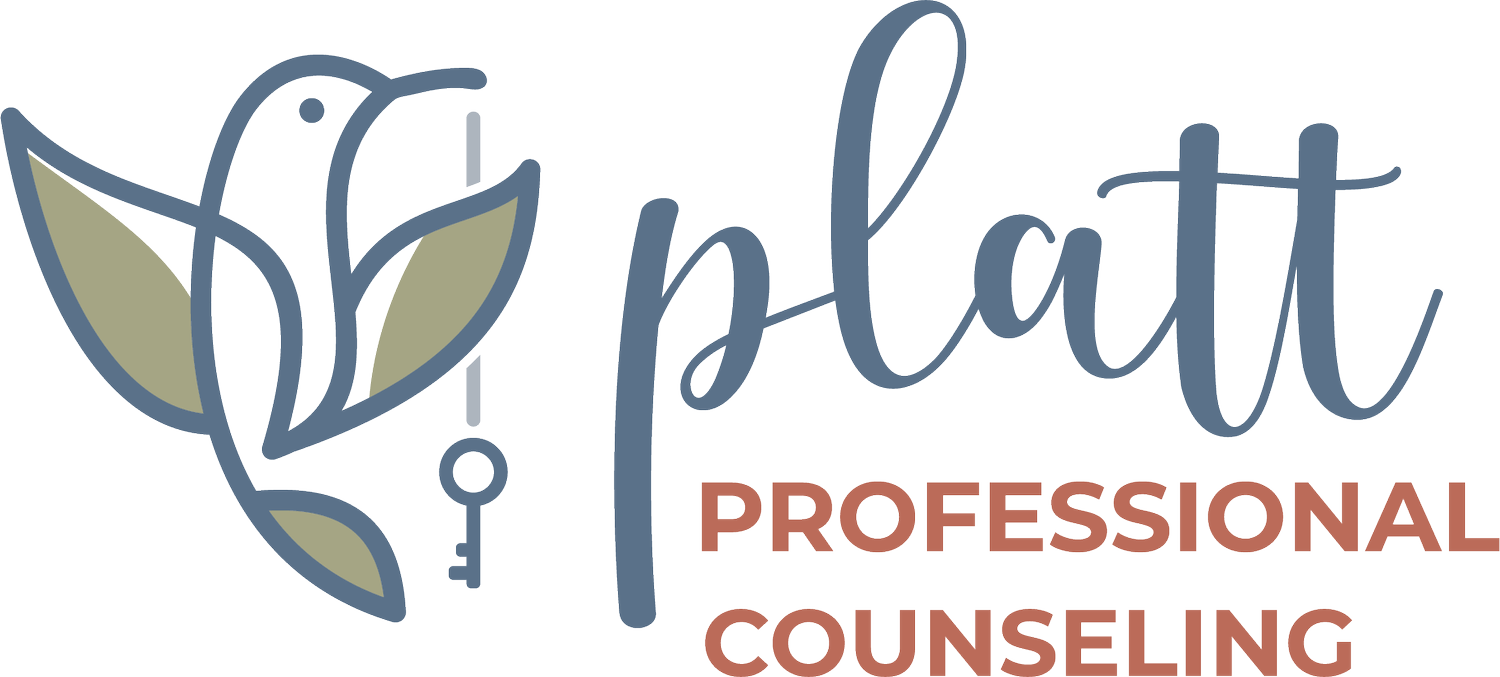How Do I Talk to My Partner About Going to Therapy?
There are few things more vulnerable than asking for help. That vulnerability gets even trickier when you're not just asking for yourself, but inviting someone else into the conversation.
If you’ve been thinking, “I wonder if therapy could help … but how do I even bring it up with my partner?” you’re not alone.
This is one of the most common and delicate questions we hear from clients. Whether you're considering therapy for yourself, for your relationship, or just exploring the idea, talking with your partner about it can feel intimidating. It touches on fear of judgment, fear of being misunderstood, and sometimes fear of making someone you love uncomfortable.
So, let’s unpack it together, with honesty, care, and a little bit of strategy.
Why Is It So Hard to Bring Up Therapy?
First, let’s name the elephant in the room: therapy still carries stigma.
Even though mental health conversations are becoming more common, a lot of us grew up believing that asking for help was a sign of weakness. Add in cultural norms, personal trauma, or different communication styles, and it makes sense why someone might feel threatened—or even offended—by the suggestion of therapy.
According to the American Psychological Association, nearly 30% of people say they would avoid talking to a partner about therapy out of fear it would cause an argument or hurt their partner's feelings.
But here’s the truth: wanting to grow, heal, or gain support is not criticism. Wanting to understand yourself or your relationship better is not failure. And therapy is not a punishment—it’s an investment.
Approach the Conversation with Curiosity, Not Conviction
If you're ready to talk to your partner about therapy, it helps to shift your mindset from "how do I convince them?" to "how do I invite them into something important to me?"
Here are a few ideas to help:
1. Start with Your Own Story
Instead of jumping into "You need therapy" or even "We need therapy," begin with your heart. Try something like:
"Lately, I’ve been feeling overwhelmed, and I’ve been thinking that talking with a therapist might help me feel more grounded. I’d love to share that with you."
If you’re considering couples counseling, you could say:
"I think we’re both doing our best, but I feel like we keep hitting the same walls. I wonder if having someone help us sort through it could bring more clarity and peace."
Either way, lead with vulnerability. That’s how trust begins.
2. Use "I" Language
Statements like "You never listen" or "You always shut down" will put your partner on the defensive. Instead, say:
"I’ve been thinking a lot about how I want to show up better in our relationship, and I think talking to someone could help me figure that out."
or
"I notice that I carry a lot of stress, and I want to understand it more. I’m thinking about therapy, and I’d love to know what you think."
3. Acknowledge Their Feelings
If your partner has reservations, listen without jumping into problem-solving mode. You can say:
"It makes sense that this feels hard to talk about. I’m not trying to pressure you. I’m just trying to be honest about where I’m at and what I need right now."
What the Research Says: Therapy Works Whether It’s Personal or Shared
Research shows that therapy can be incredibly effective for a wide range of needs, from stress and anxiety to navigating relationships and major life transitions. According to the American Psychological Association, roughly 75% of people who enter therapy experience some benefit.
Therapy isn’t about "fixing" anyone. It’s about gaining perspective, learning tools, and growing with support. Whether you attend alone or as a couple, it can help bring clarity and confidence into everyday life.
Small Steps to Start the Conversation
Pick a calm moment (not mid-argument) to bring it up
Be honest about your own hopes and fears
Share an article or blog post (like this one!) that explains the value of therapy
Let them know it’s okay to take time to think about it
Keep the door open for future conversations
Reflection prompt: What would it look like to bring this up from a place of connection, not correction?
A Gentle Invitation
At Platt Professional Counseling, we know that taking the first step isn’t easy. But it is worth it.
If you’re feeling unsure about how to bring up therapy with your partner, we’d be honored to help guide the conversation or provide tools to get started.
You don’t have to have it all figured out. You just have to be willing to show up.

